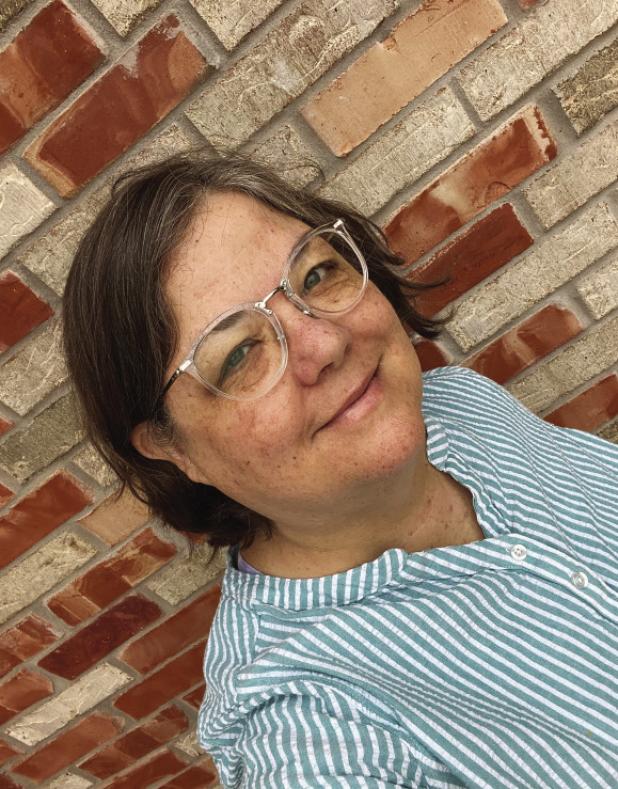
Don’t Believe Everything You Think
As humans, we create stories to explain reality—we’re meaning-making machines. Whether using myth, exploring with science or finding patterns in a string of events, we’re driven to understand and explain our world and everything in it.
When it comes to how we explain things, there are some common habits that we all share that can sometimes warp our understanding and potentially the understanding of others with whom we talk. Folks who work in the mental health field call these habits “cognitive distortions.” Many are the result of how our brains organize experience in an attempt to filter through thousands of stimuli each moment. We naturally create categories and parse phenomena in ways that enable us to go to work, have friends and enjoy hobbies.
There are too many to fully cover all of them, but here are a few of the most common:
All or nothing. Black/white thinking or a feeling that everything has to be “either/or.” There are very few things in life that fit this kind of extreme. Most situations include some middle ground, some gray areas or details that offer nuances that we might habitually miss. “All or Nothing” thinking becomes a problem when it prevents us from seeing solutions and opportunities and making choices for living our best lives.
Overgeneralization. This is when we use words like “always” or “never.” I have to be careful not to fall into this trap and I’m not alone. Again, there are few situations where any particular thing is always or never a certain way. While our brains may be wired to oversimplify to make reality more manageable, there are benefits to being in the moment and recognizing the unique details. No one is always the worst or best, never getting an opportunity or always missing the chance. There’s a good chance there’ll be a next time, and being open to the differences or newness of each situation can open spaces for new perspectives and opportunities.
Jumping to conclusions. No one reading (or writing) this has ever done this, right?! Curiosity is a great anecdote to most of these bad thought habits. Notice if what you’re thinking is an explanation that’s a guess or whether it is objective, based on an event, and something anyone in the room could verify. Even if your guess about what’s going on for someone might be accurate, chances are they’ll appreciate you checking in with them about it. Asking “having a bad day?” invites someone to share what’s up with them, which is more effective than assuming they’re mad at you or whatever other imagined reason may be in your head.
Catastrophizing. “What’s the worst thing that could happen?” is not a good question to ask! While it can be beneficial to prepare for negative possibilities-- like keeping a usable spare tire-best to leave that question behind as often as possible and enjoy the moment.
Shoulds. One of my favorite lines as a therapist is “don’t should on yourself.” Living a life informed by well thought-out values can be fulfilling, it feels really different to do what you want to do rather than what you think you should do.
Emotional reasoning. To be able to step back and see situations objectively, unpacking any triggers or history and seeing the situation fresh, is healthy and empowering. Emotional reasoning is the opposite of that: not being able to separate one’s reactions or triggers from an objective event and using emotional experiences as a basis of fact, again, rather than the objective event.
As I said before, there are many others, but these are a good start. Notice if they’re a habit and see how it feels to recognize that and perhaps consider a different perspective. If you want to dive deeper and set yourself even freer, search “cognitive distortions” for more information.
Agree? Disagree? Questions? All feedback welcome! Email YourBestHereOlney@gmail.com. Feel free to make suggestions if there’s a topic you’d like to hear more about. All feedback will remain confidential (unless limited by law). Mona Bernhardt, LCSW, grew up in Olney and happily returned after living elsewhere for 40 years.
